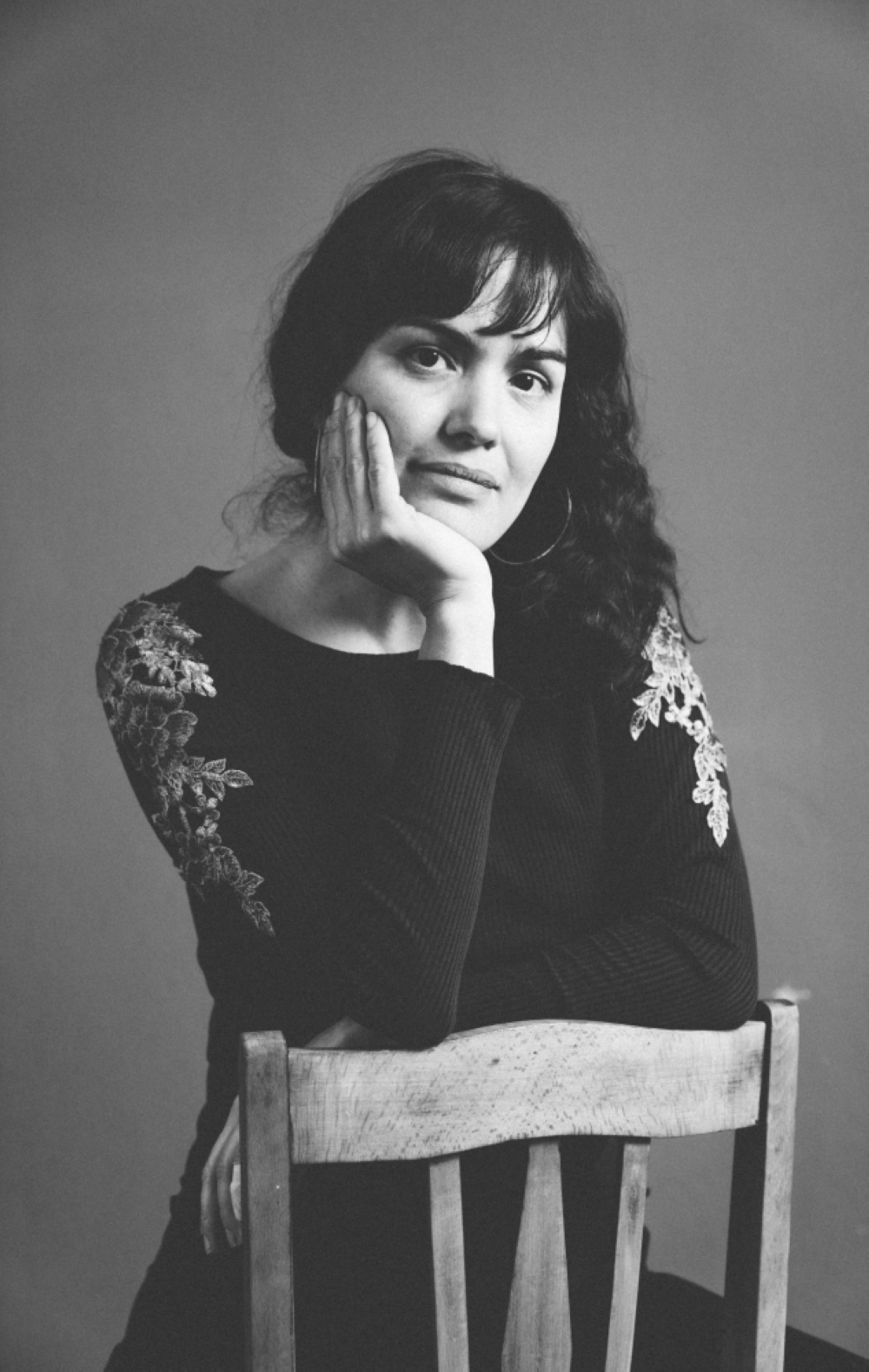Berlin-based artist exhibits in Windhoek
Rituals of mourning, memories captured
Genocide in Namibia is an especially sensitive matter; its history has at times been ignored, depreciated and even denied.In the artistic documentary Ondjembo yo Null Vier / Fraitaxtsēs sores tsîn ge ra≠gâ that opens at the National Art Gallery in Windhoek later this week, Berlin-based visual artist Ixmucané Aguilar worked in close collaboration with Nama and Herero people who vividly evoke memories and rituals of mourning caused by human loss and land dispossession under imperial Germany's occupation of Namibia.
From these personal encounters emerge portraits and narratives as documental fragments, consisting of living voices that insist on defending memory as an invocation to witness and to never remain passive in the face of social injustice.
Rather than a linear collection of testimonies and portraits referring to distant places and their distant past, this work engages with stories as chronicles calling to be recognised as pieces of humanity and time.
Through multi-layered documentary photography, Agular engages in extensive field research to put out installations and art publications to relay her work in an artistic language.
Her work has been featured in different magazines, including the Journal Akademie der Künste Berlin. She also presents her work on international stages, including the upcoming 13th Biennial of Photography in Bamako, Mali.
The exhibition opens on 7 July at 18:00 and can be viewed thereafter until 6 August.



